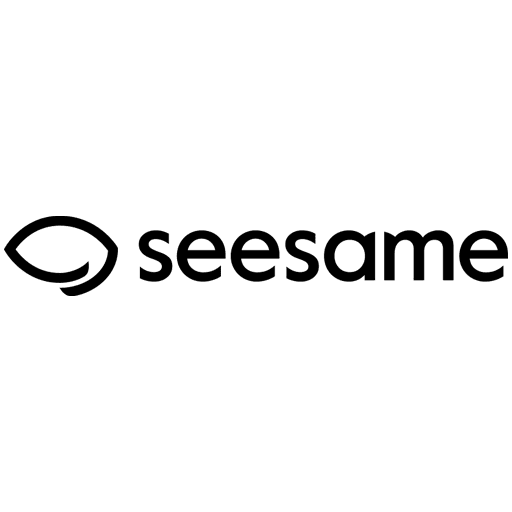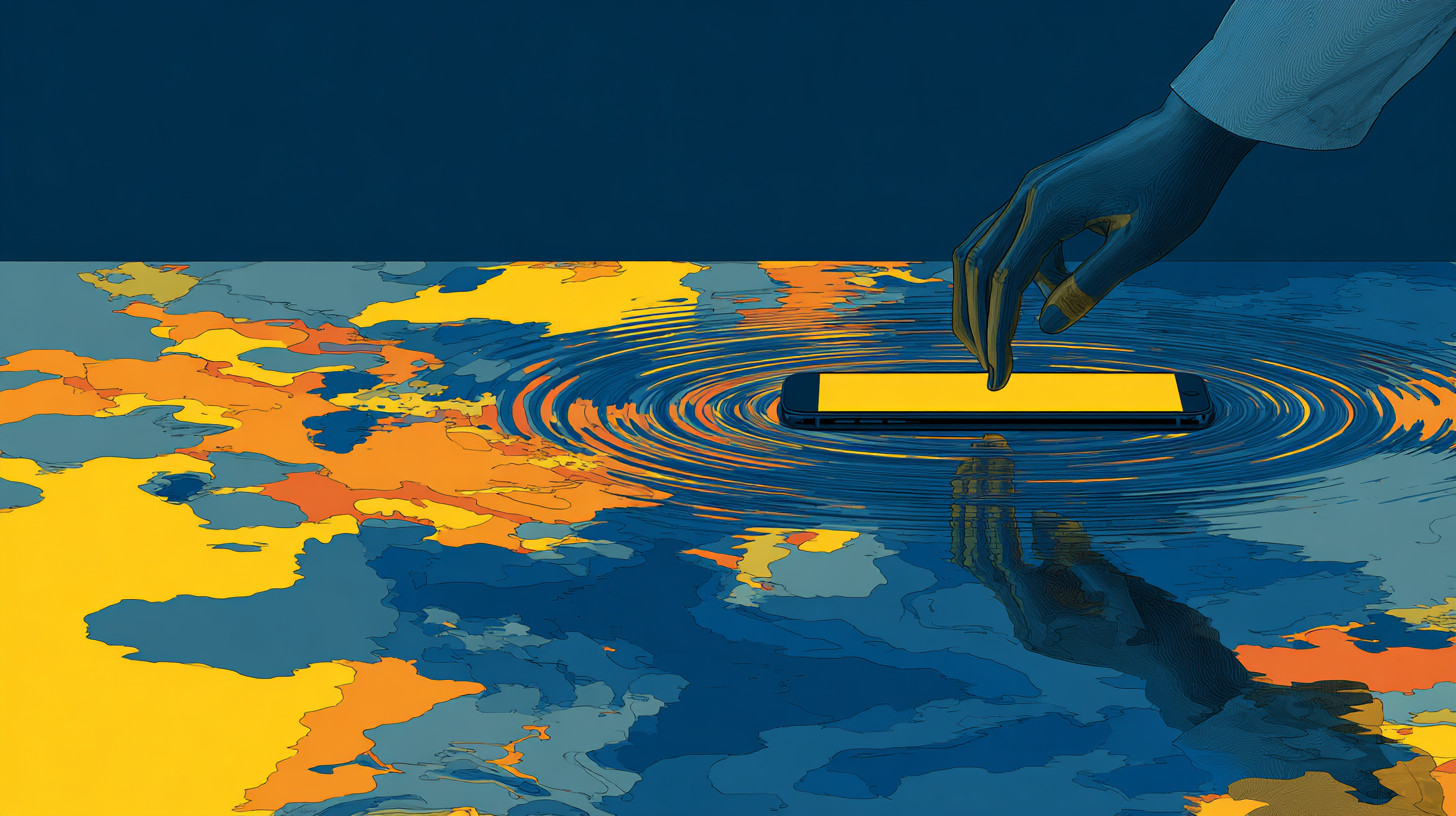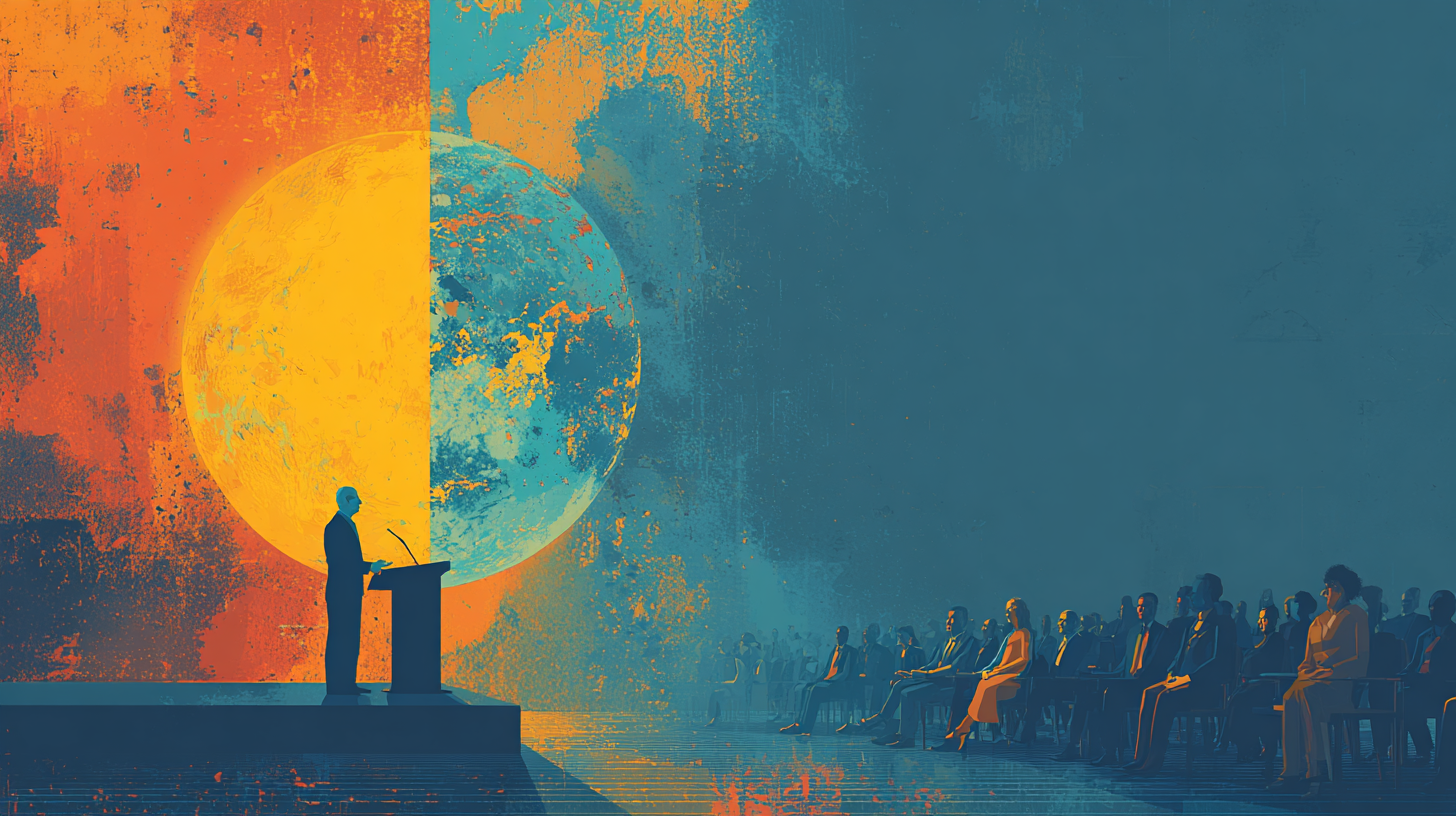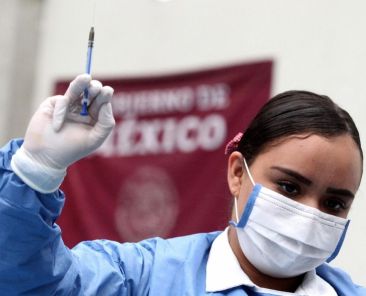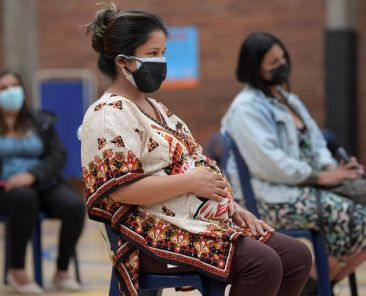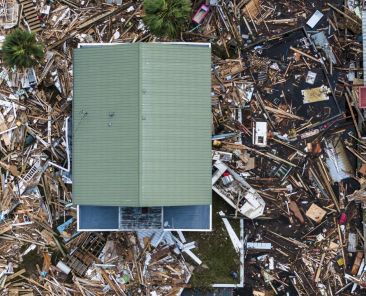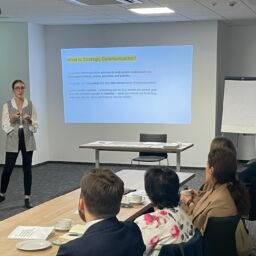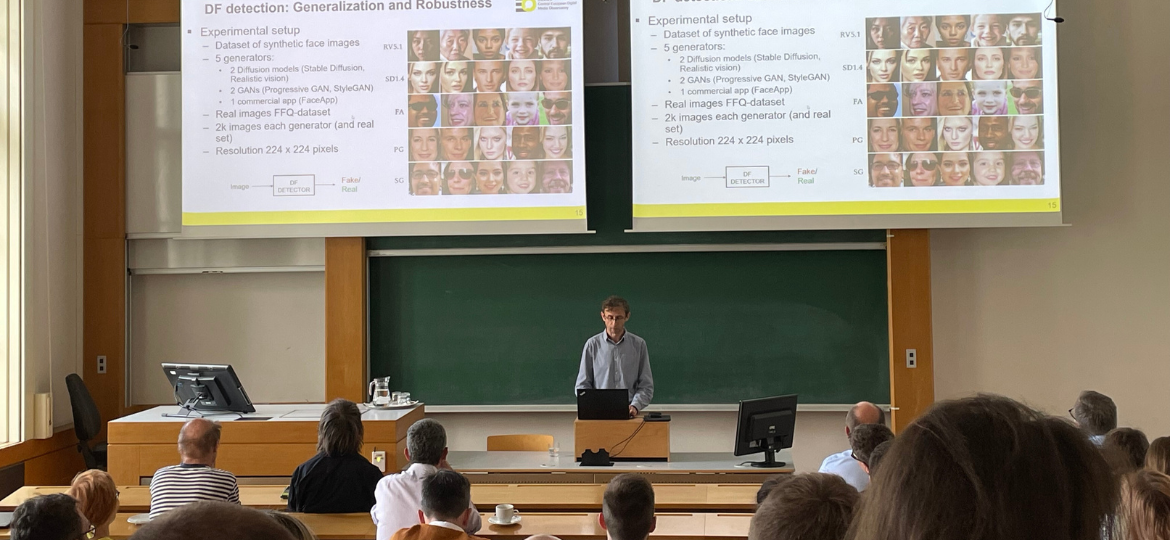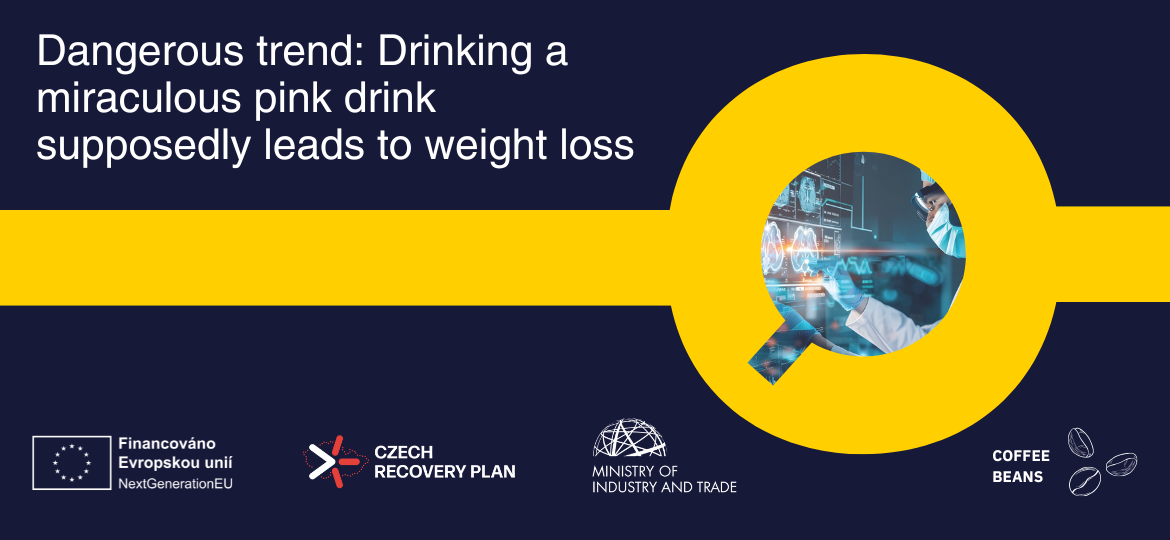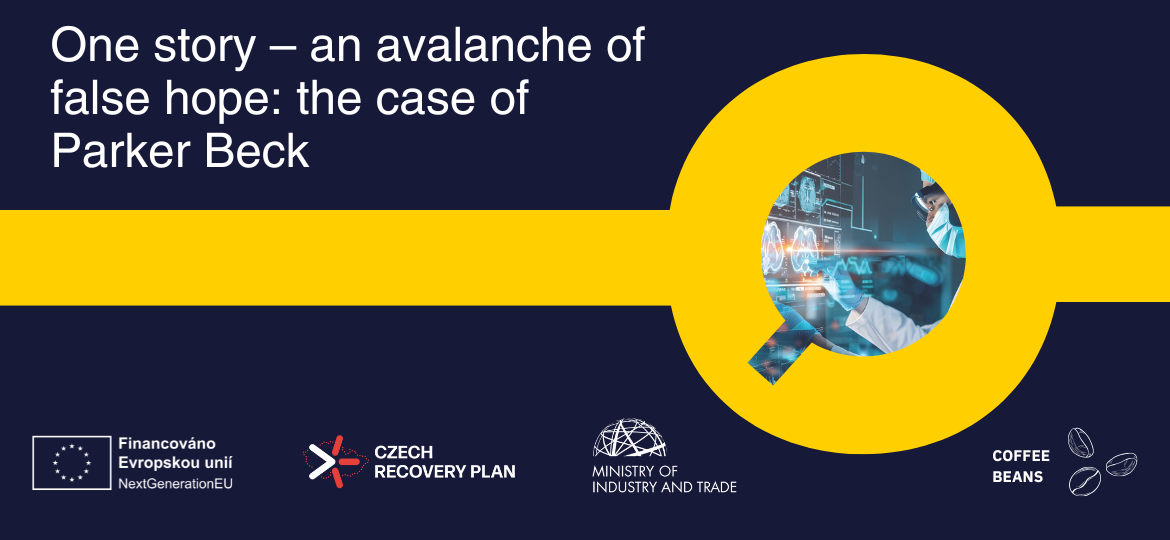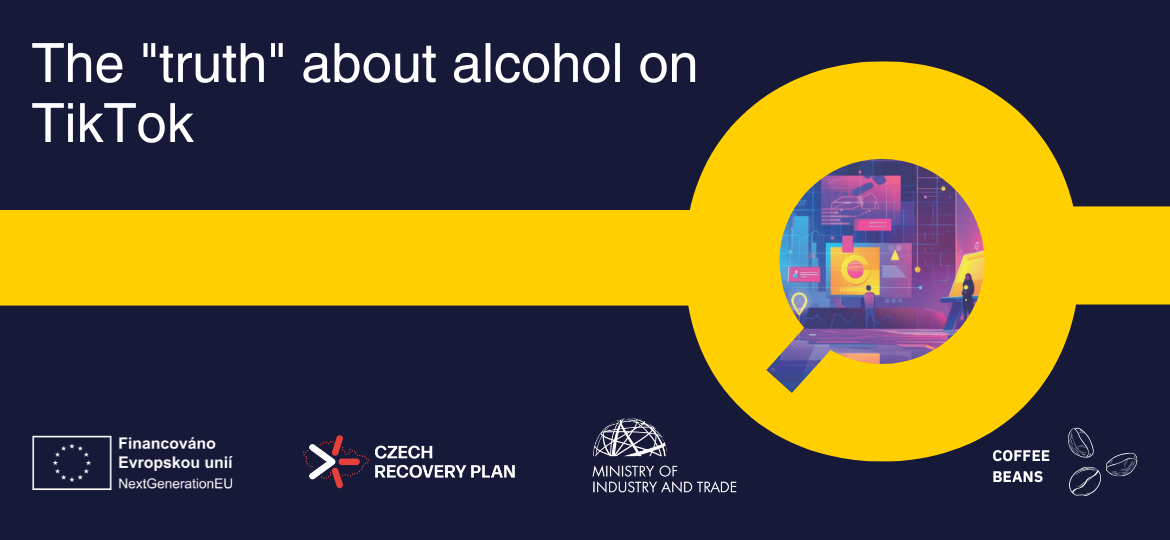About CEDMO
The Central European Digital Media Observatory (CEDMO), as an independent non-partisan multidisciplinary hub, aims to identify, research and prioritise the most critical sources and causes of information disorders in Central Europe (mainly the Czech Republic, Slovakia and Poland). This international consortium was created to propose a set of short and longer-term actions, as well as recommendations to help civil society, public institutions and the private sector respond to the declining trust in key institutions and help society to resist the effect of increasing exposure to mis- and disinformation.
By interacting and coordinating with European Digital Media Observatory (EDMO) and other regional EDMO hubs in EU, CEDMO will contribute to curbing threats posed by information disorders, including disenchantment with the democratic processes, and discord in civil society in Europe, and to building community and nation-wide resilience while protecting information ecosystems.
About CEDMO
The Central European Digital Media Observatory (CEDMO), as an independent non-partisan multidisciplinary hub, aims to identify, research and prioritise the most critical sources and causes of information disorders in Central Europe (mainly the Czech Republic, Slovakia and Poland). This international consortium was created to propose a set of short and longer-term actions, as well as recommendations to help civil society, public institutions and the private sector respond to the declining trust in key institutions and help society to resist the effect of increasing exposure to mis- and disinformation.
Our Partners
About CEDMO
The Central European Digital Media Observatory (CEDMO), as an independent non-partisan multidisciplinary hub, aims to identify, research and prioritise the most critical sources and causes of information disorders in Central Europe (mainly the Czech Republic, Slovakia and Poland). This international consortium was created to propose a set of short and longer-term actions, as well as recommendations to help civil society, public institutions and the private sector respond to the declining trust in key institutions and help society to resist the effect of increasing exposure to mis- and disinformation.
Our Partners
“Warm coconut water will isolate and kill cancer cells!” reads a June 1 Facebook post here.
“Has the monkey smallpox pandemic begun?” reads a Korean-language Facebook postfrom May 22.
“Homemade baby formula recipe, 1960,” says a May 12, 2022 Facebook post.
“A Palestinian father leaves Eid clothes on his daughter’s grave (8 years old),” read a Facebook post that shared the photos on June 24.
AFP fact-checked what the candidates said on key issues.
“Romania beat 3-0 over Ukraine in Euro 2024 group stage, Romanian fans chant ‘Putin’ on the stand,” read a simplified Chinese caption of a Weibo post shared on June 18, 2024.
“Within a few years it is predicted that due to the ice melt the sea will rise and make most coast cities uninhabitable,” says text in a June 1, 2022 Facebook post.
“Has the monkey smallpox pandemic begun?” reads a Korean-language Facebook postfrom May 22.
“Remember, ‘The vaccine is safe for pregnant women’- let me introduce the paperwork dumped by Pfizer, 50k pages. Now we know why they wanted to keep this hidden for 50+years,” says a May 4, 2022 tweet. It includes an image of vaccine guidance, with red underline to highlight: “COVID-19 mRNA Vaccine BNT126b2 is not recommended during pregnancy.”
In the closing weeks of his 2024 campaign, Trump and his allies aired false claims about weather manipulation and government assistance after hurricanes hit North Carolina, a swing state he would ultimately win.
“In case you didn’t know, fluoride has been directly linked to many different neurological issues so the fact that the Trump administration is going to remove fluoride from our water supply is a massive deal,” says the speaker in a November 5, 2024 Instagram video.
“They are using HAARP to ensure that HURRICANE HELENE devastates the largest Republican stronghold area in Florida. This hurricane will destroy homes, displace thousands and ensure much less participation in the presidential election in November,” says a September 26, 2024 Facebook post.











